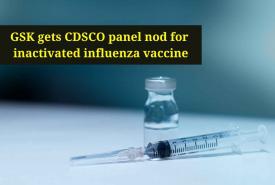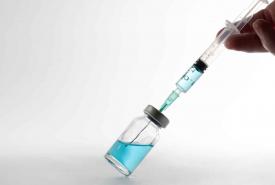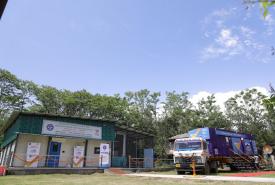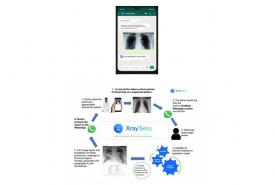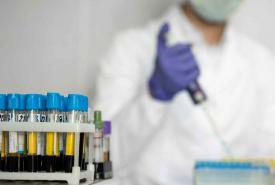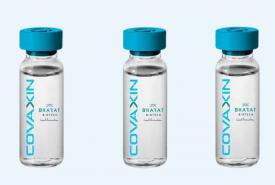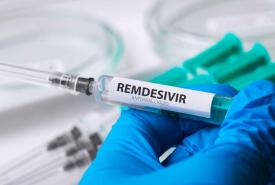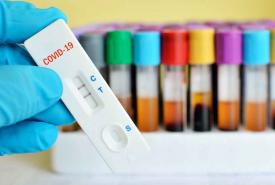New RDA rules shows increase in Iron, Zinc, Vitamin A, C, D and Calcium intake
ICMR has revised the nutrient requirements for Indians and has published new RDAs (Recommended Dietary Allowance) in 2020 and the Food Authority has decided to adopt the same. In New RDA rules, it shows an increase in Iron, Zinc, Vitamin A, C, D and Calcium intake for Indian population.



